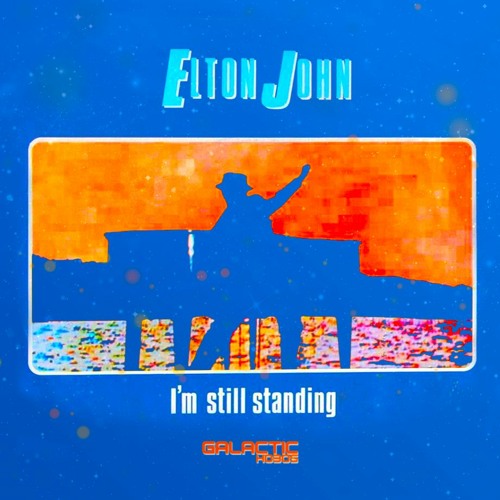
John luxuriated in his genius Paul is hideously unsure of himself. For every virtue posthumously attached to Lennon, McCartney's detractors can come up with a corresponding vice. This, of course, brings forth all kinds of malign consequences. It also represents a final reminder of the contrasting fates of McCartney and his two most celebrated colleagues - for while John Lennon and George Harrison have been divested of any imperfections and installed in that part of the hereafter reserved for musicians who somehow come close to being saints, Paul McCartney must still go about his labours in the Real World. This is a relatively new thing for him: the Beatles took their famously low bows as an unbreakable quartet with Wings and beyond, he was always accompanied by his first wife, Linda. A rendition of Band on the Run is accompanied by film of Wings, the post-Beatles enterprise that briefly gripped the 1970s mainstream just before the arrival of punk.Īt the show's end, by contrast, McCartney stands at the lip of the stage alone. When McCartney sings She's a Woman and I Saw Her Standing There, the vast screens on either side of the stage are filled with the image of the moptop-era Beatles, sprinting from yet another fan ambush, or obediently mugging for the camera. The show that follows five hours later only proves the point. "You only give me your funny paper/ And in the middle of negotiations/ You break down." It's a compelling sound: proof that a great song is something you can momentarily live in, a place populated by all kinds of ghosts. "You never give me your money," he sings.

Written as the Beatles' internal bond was ripped apart by the entry into their lives of the notoriously shady impresario Allen Klein, it still sounds wonderfully crestfallen. And he ends with a song from Abbey Road, the album knowingly created as the group's last word to their public.

He goes on to Honey Don't and Matchbox, 1950s rockabilly covers perfected during the Beatles' brain-pounding trips to Hamburg, whose recorded versions were sung by Ringo Starr.

To start with, he plays Coming Up, a 1980 solo single released some six months before John Lennon's death, and rather grudgingly described by McCartney's one-time songwriting partner as "a good piece of work". Up on the stage, Paul McCartney is leading his band through a soundcheck that takes in an apparently random array of music.


 0 kommentar(er)
0 kommentar(er)
